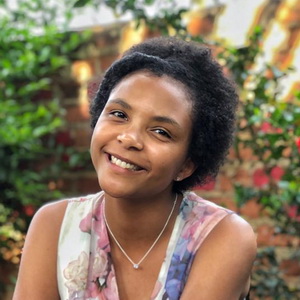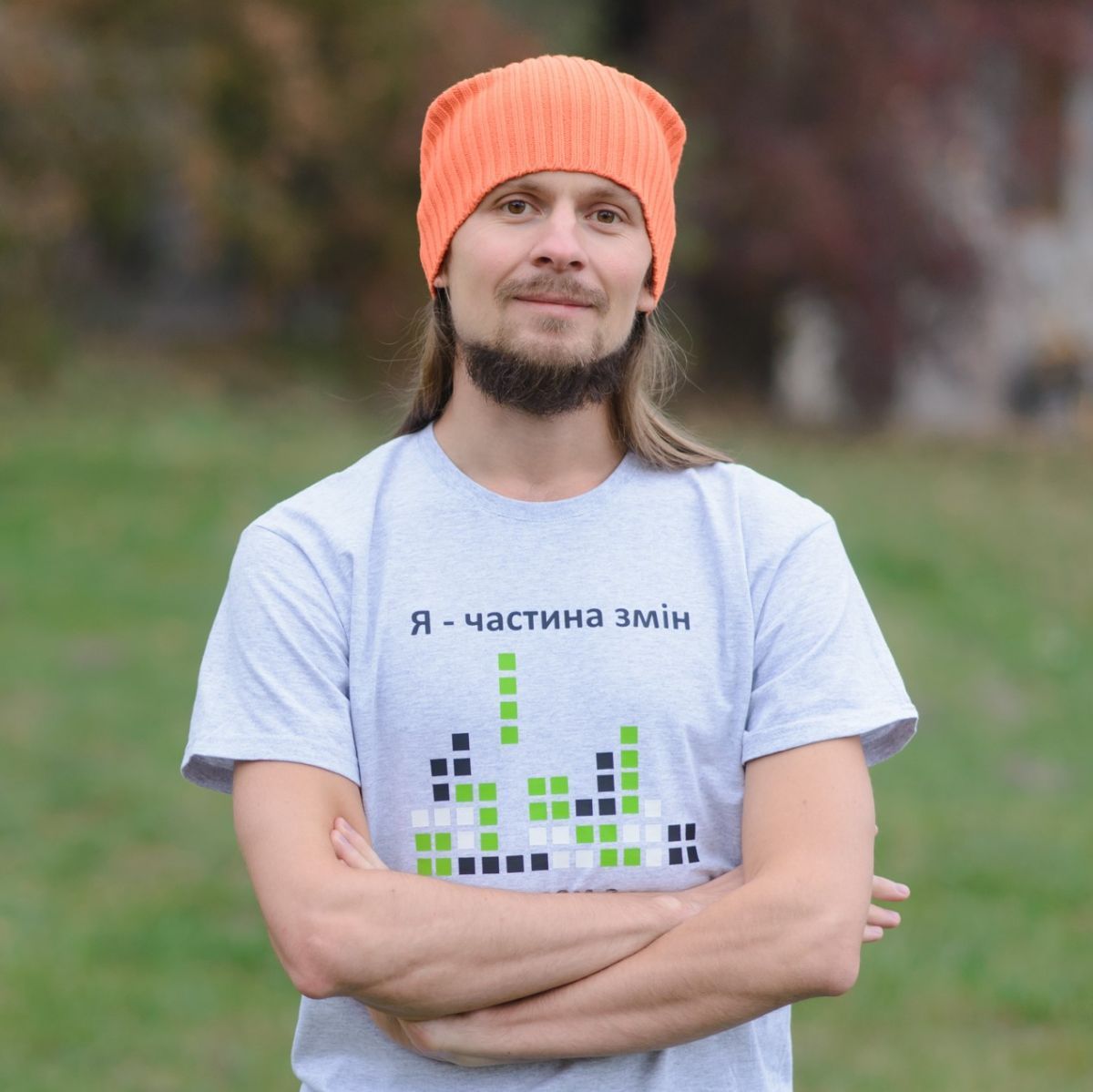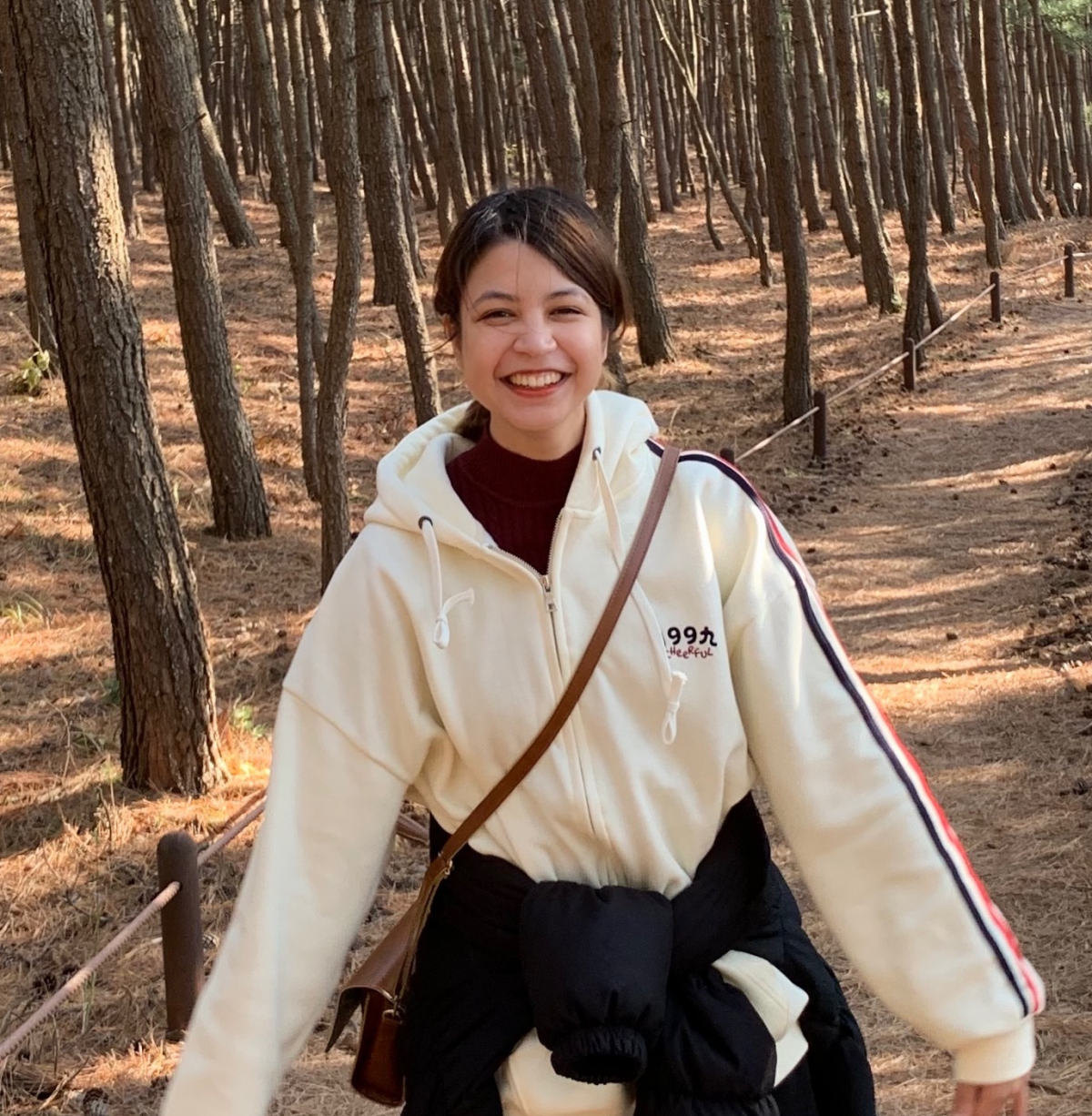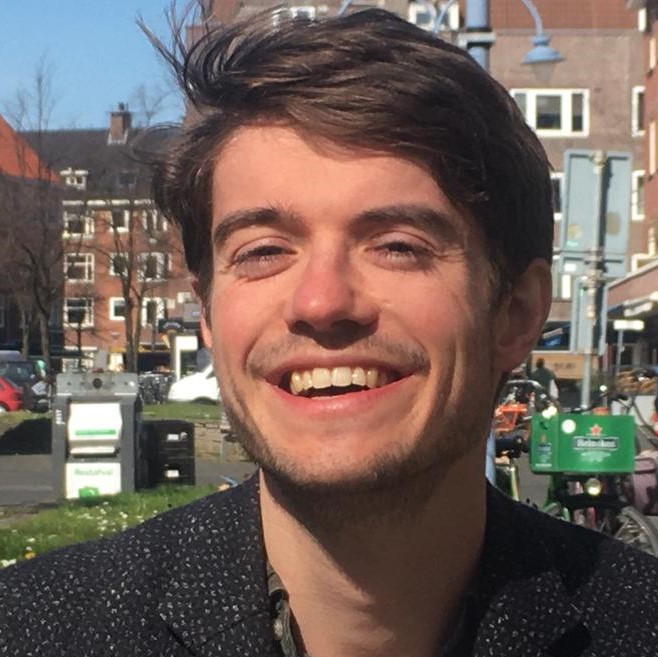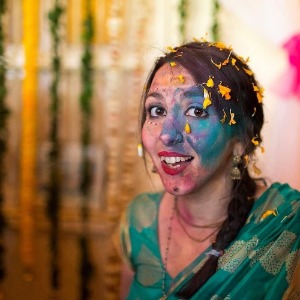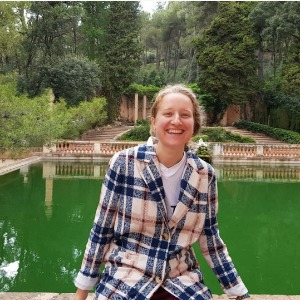Thuis tijdens corona: een Afropeaanse visie op COVID-19
Als ‘Afropeaan’ heb ik gesignaleerd dat COVID-19 sociale ongelijkheid naar de voorgrond heeft gebracht; hierdoor word ik herinnerd aan de voorrechten en ongerechtigheden die ik ervaar in mijn beide thuislanden.
Uganda, Eastern Africa
Story by Anna Adima. Translated by Anneke Voerman
Published on July 4, 2020.
This story is also available in 


Ik ben thuis in zowel Oost-Afrika als Europa. De COVID-19-pandemie overviel me toen ik in Oeganda was, waar ik veilig in het huis van mijn familieleden de strenge lockdown onderga. Als ‘Afropeaan’ kan ik een grimmige parallel trekken tussen de mate van sociale ongelijkheid op beide continenten. COVID-19 heeft deze ongelijkheid naar de voorgrond gebracht, waardoor ik word herinnerd aan de voorrechten en ongerechtigheden die ik ervaar in mijn beide thuislanden.
Ik heb de ernst van COVID in deze regio’s met vrienden en familie uit Europa en Afrika besproken. Aanvankelijk maakten mijn vrienden in Duitsland zich zorgen omdat ik in Oeganda bleef, ook al werd de situatie in Europa slechter terwijl er in Oeganda weinig gevallen waren en er een strenge lockdown ingevoerd werd. Ze beriepen zich op de voorspelling van de Wereldgezondheidsorganisatie (WHO) dat COVID-19 een ravage zou aanrichten in Afrika. [1] Ironisch genoeg maakte ik me juist zorgen om mijn vrienden in Europa, omdat het aantal gevallen steeg en de overheden er niet in slaagden de ziekte effectief te bestrijden. In maart besloten mijn vrienden in Oost-Afrika dat we er beter voor stonden dan de de mensen in Europa. Op dit moment, in juni, bevestigen de cijfers dit: Oeganda heeft veel minder gevallen dan Europa (sinds 19 juni: 755 officiële gevallen, 492 herstelde mensen en geen doden [2]) terwijl het Verenigd Koninkrijk te kampen heeft met een enorm dodental [3]. De harde maatregelen en de lockdown hebben grotendeels veiligheid geboden; aan de andere kant zijn ze voor velen op economisch vlak een verschrikkelijke tegenslag gebleken. De COVID-strategieën op beide continenten maken het duidelijker dan ooit: noch strikte lockdowns noch vrijwillige social-distancing-maatregelen veranderen veel voor de slachtoffers.
Door de herkomst van COVID-19 in Europa en Afrika leek het in eerste instantie een welvaartsziekte: de broedplaats van het virus in Europa was het Oostenrijkse skiresort Ischgl [4]. Het virus kwam Afrika binnen door buitenlandse toeristen en Afrikanen die zich reizen naar het buitenland kunnen veroorloven. Het is wrang dat de lagere klassen nu de dupe zijn op beide continenten. In de arme wijken van Londen en Kampala zijn soortgelijke situaties te zien: massaal banenverlies, te weinig inkomen om basale behoeften te vervullen en hoge sterftecijfers [5]. Het geweld is gestegen tegen groepen die toch al met veel overheidscontrole en sancties werden geconfronteerd, ditmaal onder het mom dat social distancing gehandhaafd moet worden; van zwarte en etnische minderheden in Londen tot kansarme mensen in Kenia en Oeganda, die neergeschoten worden omdat ze zich niet aan de lockdown houden [6].
Deze pandemie is een vreemde crisis: iedereen gaat gebukt onder de chaos die hij veroorzaakt, maar ieder van ons ervaart deze periode anders. De ontwrichting in Europa en Afrika zijn vergelijkbaar: de welvarenden verspreidden de ziekte en kunnen de economische tegenslagen aan, terwijl de armen de echte armoede en ziekte moeten verdragen. Als inwoner van twee landen heb ook ik moeilijke beslissingen moeten nemen. Toen de wereldbevolking zich in maart naar hun thuisland en families haastte, vroeg ik me af of ik in Oeganda moest blijven of zou terugkeren naar mijn andere thuis in Duitsland. In deze ongekende wereldwijde crisis zijn geen van mijn thuislanden bepaald veilig. Daarnaast maak ik me grote zorgen om de hoge besmettingsgraden in zwarte gemeenschappen in Engeland, waar ik mijn PhD doe [7]. Uiteindelijk heb ik besloten om in Oeganda te blijven en nu weet ik dat dat de juiste keuze was. Alleen de aanwezigheid van mijn familie maakte de laatste paar maanden draaglijk voor mij. Vorige maand vierde ik voor het eerst in zeven jaar Moederdag bij mijn moeder. Door zulke momenten kan ik de ergste dagen verdragen.
[1] BBC (2020) https://www.bbc.com/news/world-africa-52323375
[2] Ministry of Health Uganda (2020) https://www.health.go.ug/
[3] Campbell, Perraudin, Davis and Weaver (2020) https://www.theguardian.com/world/2020/may/05/uk-coronavirus-death-toll-rises-above-32000-to-highest-in-europe
[4] BBC (2020) https://www.bbc.com/news/world-europe-52007104
[5] Austrian and Abuya (2020) https://theconversation.com/we-wanted-to-know-how-coronavirus-affects-nairobis-slum-residents-what-we-found-137621; Mohdin, A. (2020) https://www.theguardian.com/uk-news/2020/may/01/covid-19-coronavirus-newham-london-uk-worst-affected-area
[6] Dodd, V. (2020) https://www.theguardian.com/uk-news/2020/jun/03/met-police-twice-as-likely-to-fine-black-people-over-lockdown-breaches-research; Moore, D. (2020) https://www.aljazeera.com/news/2020/04/fury-kenya-police-brutality-coronavirus-curfew-200402125719150.html; Hayden, S. (2020) https://www.theguardian.com/global-development/2020/may/28/i-realised-my-body-was-burning-police-brutality-in-uganda-lockdown
[7] BBC (2020) https://www.bbc.com/news/uk-52219070
How does this story make you feel?
Follow-up
Do you have any questions after reading this story? Do you want to follow-up on what you've just read? Get in touch with our team to learn more! Send an email to [email protected].
Talk about this Story
Please enable cookies to view the comments powered by Disqus.
Subscribe to our Monthly Newsletter
Stay up to date with new stories on Correspondents of the World by subscribing to our monthly newsletter:
Other Stories in Nederlands
Explore other Topics
Get involved
At Correspondents of the World, we want to contribute to a better understanding of one another in a world that seems to get smaller by the day - but somehow neglects to bring people closer together as well. We think that one of the most frequent reasons for misunderstanding and unnecessarily heated debates is that we don't really understand how each of us is affected differently by global issues.
Our aim is to change that with every personal story we share.
Community Worldwide
Correspondents of the World is not just this website, but also a great community of people from all over the world. While face-to-face meetings are difficult at the moment, our Facebook Community Group is THE place to be to meet other people invested in Correspondents of the World. We are currently running a series of online-tea talks to get to know each other better.











